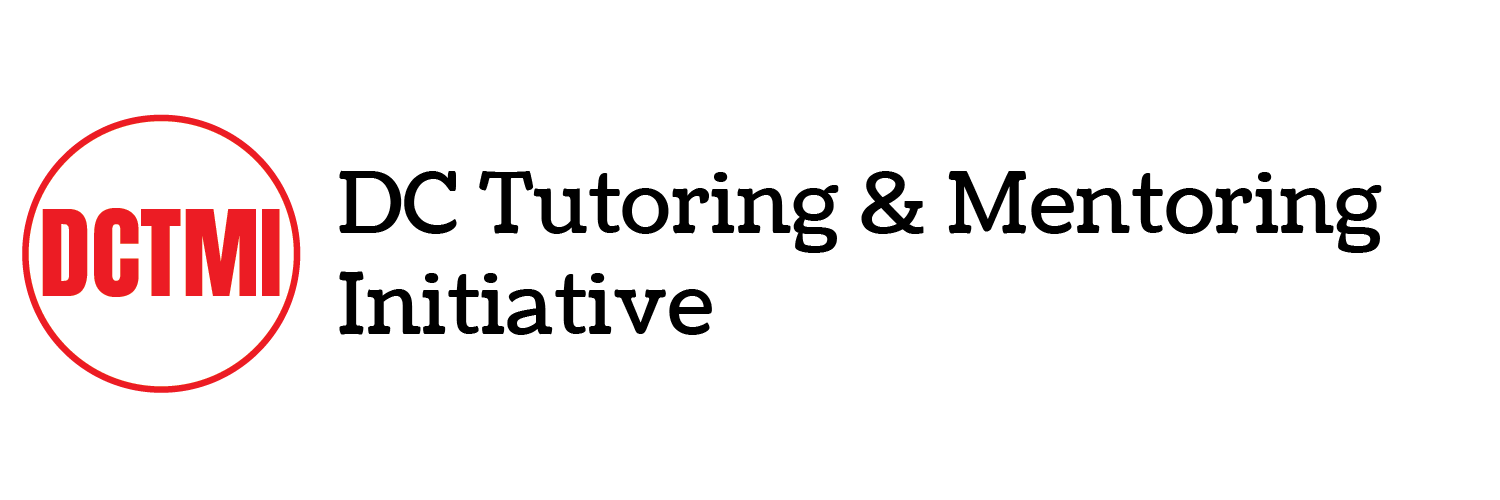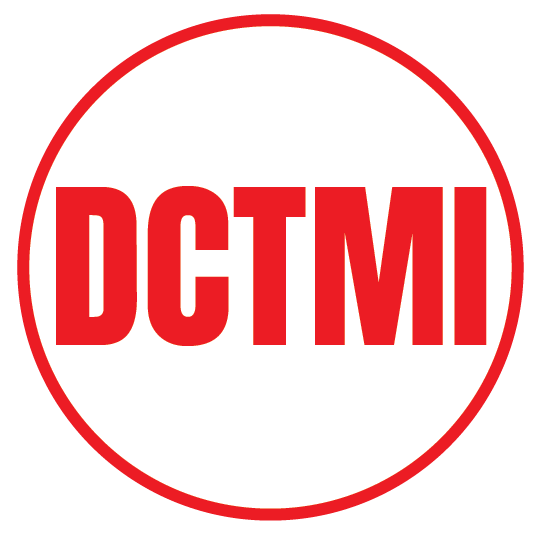The coffee or brunch is on us! This winter, we began a series of Neighborhood Gatherings that brought 20-60 people together for coffee and bagels in six neighborhoods across the city to talk about how folks can get involved, meet their neighbors, and think long-term about what our communities need. Now we’re trying to expand with a series of smaller events to engage people who would like to help us organize their neighborhoods or other groups they work with.
- They need to trust us.
- They need to imagine themselves as tutors or mentors if they’ve never done anything like this before.
- They need to understand how we have a downward spiral of kids in the early grades struggling to read, teachers too overwhelmed to help them catch up, older kids feeling “dumb” and hating school, avoiding school work or starting down the path of chronic absenteeism or truancy, falling even further behind, and eventually dropping out or getting into greater trouble.
- Potential volunteers need to understand that even an hour a week from an extra caring adult can make all the difference in the lives of kids when they are young or even when they are older and still struggling with their identity, their peer groups, and their role models.
- And potential volunteers need to see how they can make it work in their busy schedules, how we can help them find an opportunity that works for their schedules and location preferences.
- And, finally, they need to understand that life really can feel better, more meaningful, more rewarding, when we feel connected to one another, when we proactively work to be of service to others.
How Can You Help?
We can support you by covering the cost of organizing or hosting an event and have a member of our team present to talk about DCTMI and our goals. We’d also be happy to help you find someone else in your neighborhood to work with to share the burden.
Here are some ways that you can help us in your neighborhood:
- Host a coffee in your home for friends and neighbors.
- Recruit folks to join an event that DCTMI or you host at a local coffee shop, restaurant, library, or other community space.
- Connect us to your community associations or aging-in-place “village” initiative.
- Write about your experience tutoring or mentoring or working with DCTMI for your local email lists.
- Make a “selfie” video about your experiences tutoring or mentoring and share it locally.
Does this sound like something you would be interested in or have a similar skill for? We’d be delighted to set up a meeting (virtual or in-person) to talk more about what this could look like for you, or join us at one of our neighborhood events to learn more.


